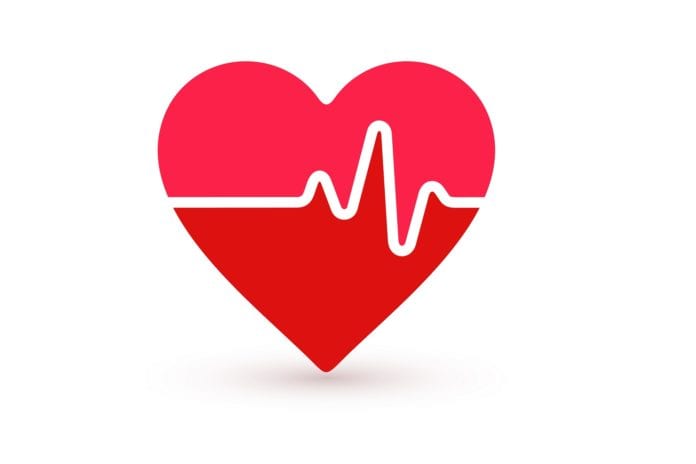There are roughly 3,500 Americans currently waiting for heart transplant surgery. Those are men, women and children struggling with end-stage heart failure and hoping that they will soon get a call notifying them that a heart donor has been found. It’s a phone call that can take months, even years.
Now, thanks to an innovative clinical investigation currently underway at Emory Healthcare, more people may receive a heart sooner.
Investigating New Opportunities for Transplantation
The clinical investigation underway at Emory Healthcare allows hearts to be donated from patients who experience circulatory death (DCD). A circulatory death is when the heart has stopped beating and cannot be restarted. Circulation and oxygenation to the tissues stop as well. Emory was among the first five centers in the country to participate in this study.
This research is possible because of a new technology — TransMedic’s Organ Care System (OCS). The OCS is used to resuscitate and preserve hearts, giving doctors the ability to restart the heart and examine its viability for transplant. It’s estimated that this new approach can lead to a 30% increase in organs available for transplantation.
OCS is used in other types of organ donation and transplantation, but the study represents the first time it’s been used for heart transplantation.
“This is the forefront of heart transplantation,” says Mani Daneshmand, MD, director of the Emory Heart & Lung Transplantation, Mechanical Circulatory Support, and Emory ECMO (Extracorporeal Membrane Oxygenation) Programs. Daneshmand is also the study’s Primary Investigator.
“We’re excited to be part of this trial; we’re performing transplants for patients who otherwise may have been waiting much longer for suitable organs,” he continues.
For end-stage heart failure patients, it’s hope for a new life. One patient at Emory experienced this hope firsthand.
First DCD Heart Transplanted at Emory
In March 2020, the Emory Transplant Center successfully performed the first heart transplant from a donor who died of circulatory death. The recipient, who had heart failure, had been waiting on the heart transplant list for over a year. Throughout that entire time, she remained in the hospital — unable to be at home with her children and family.
When the Heart and Lung Transplant Team approached her about participating in the study, she agreed. Three short months later, there was a heart available for her through this groundbreaking clinical trial.
The transplant team traveled to inspect the heart from the donor, put it on the OCS device and successfully resuscitated it. After examining the heart to ensure it was in good condition for transplantation, the team traveled back to Emory University Hospital and completed a successful heart transplant.
Today, the patient is able to be at home with her children. Her follow-up visits show that she is recovering well and has strong heart functions — something her doctors anticipate will continue.
To date, Emory doctors have performed nine heart transplants using organs from donation after circulatory death. All patients have responded well to the surgery and are on the path to recovery.
About Emory Heart Transplant Program
Surgeons at Emory completed the first heart transplant in Georgia. Since then, the Emory Heart Transplant Program has performed more than 975 heart transplants, more than any other health care system in Georgia. Emory is also a national leader in ventricular assist devices and biventricular pacemaker therapy. Our experienced teams are dedicated to improving transplant therapies that decrease the chances of heart failure.
For more information about the Emory Transplant Center and our Heart Transplant Program, call 855-366-7989 or visit the Emory Heart Transplant Program website.
For information about the Emory Advanced Heart Failure Therapy Center, call 404-778-7777 or visit the Advanced Heart Failure Therapy Center website.



